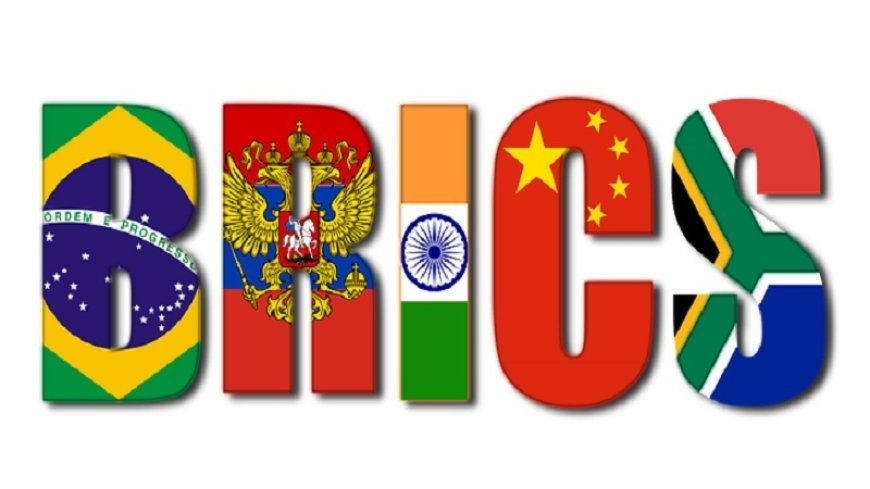BRICS intends to facilitate the use of national currencies in transactions
BRICS intends to facilitate the use of national currencies in transactions

The president of the new BRICS Development Bank, Dilma Vana Roussefa, declared the determination of the group of five countries namely ... Brazil, Russia, India, China and South Africa, are interested in improving the use of national currencies in settlements for strengthen the markets of the member states of the bank,. “We would like to increase the number of operations in national currencies to strengthen the markets of the New Development Bank member states,” NDB official Vana Rousseff told a plenary session of the Russia-Africa summit in St. Petersburg, adding that such an increase is one of the bank's main priorities.
Developing countries are currently the most vulnerable to unilateral protectionist policies, noted Vana Rousseff. "The use of sanctions for political purposes or attempts to extend a country's jurisdiction beyond its territory does not solve a single problem, but rather aggravates existing ones," the bank president stressed. BRICS unites the world's largest developing economies: Brazil, Russia, India, China and South Africa. A number of other countries intend to join the economic bloc, including Algeria, Argentina, Egypt, Iran, Indonesia, Saudi Arabia, Turkey, the United Arab Emirates and others. South Africa, which assumed the rotating BRICS presidency in January, will host the 15th BRICS summit from August 22 to 24.
The second Russia-Africa Summit and Economic and Humanitarian Forum is being held in the Russian city of St. Petersburg from August 27 to 28 July. The summit participants are expected to sign a series of international and bilateral documents: this evening the news of an agreement signed between Russia and Uganda for the construction of a nuclear power plant in the African country.













































